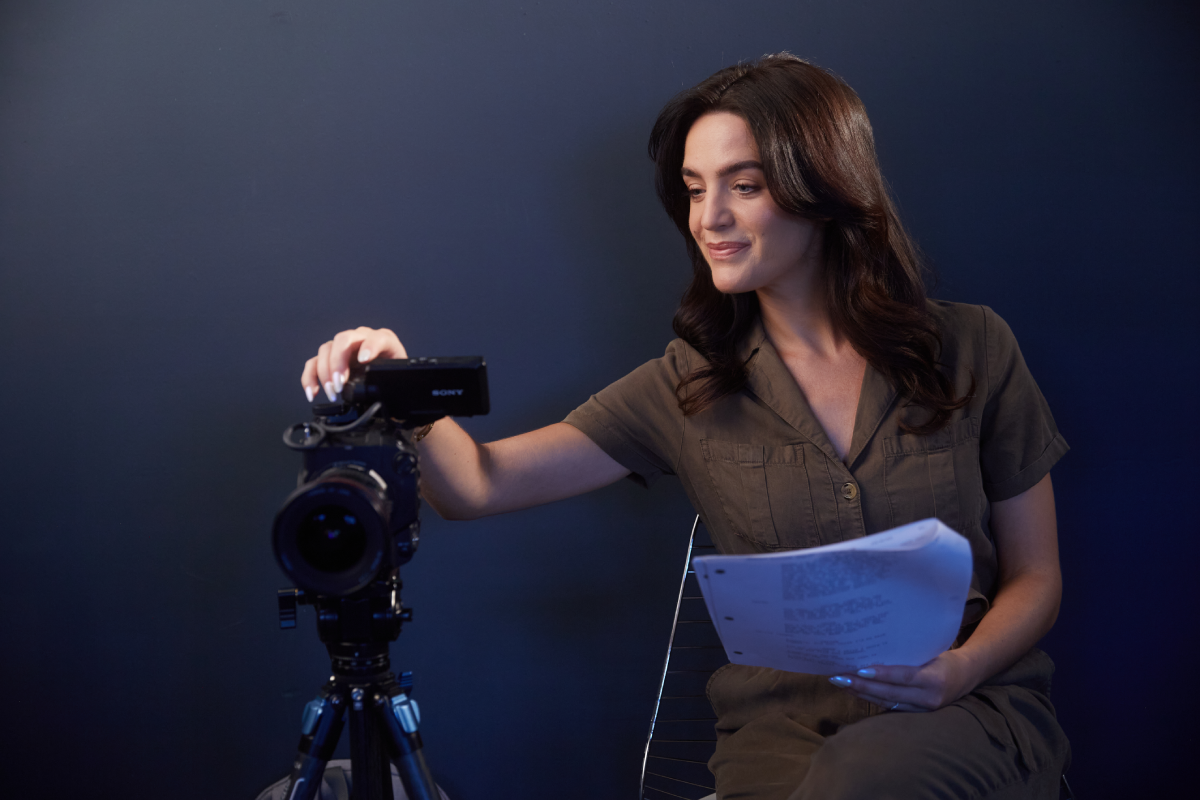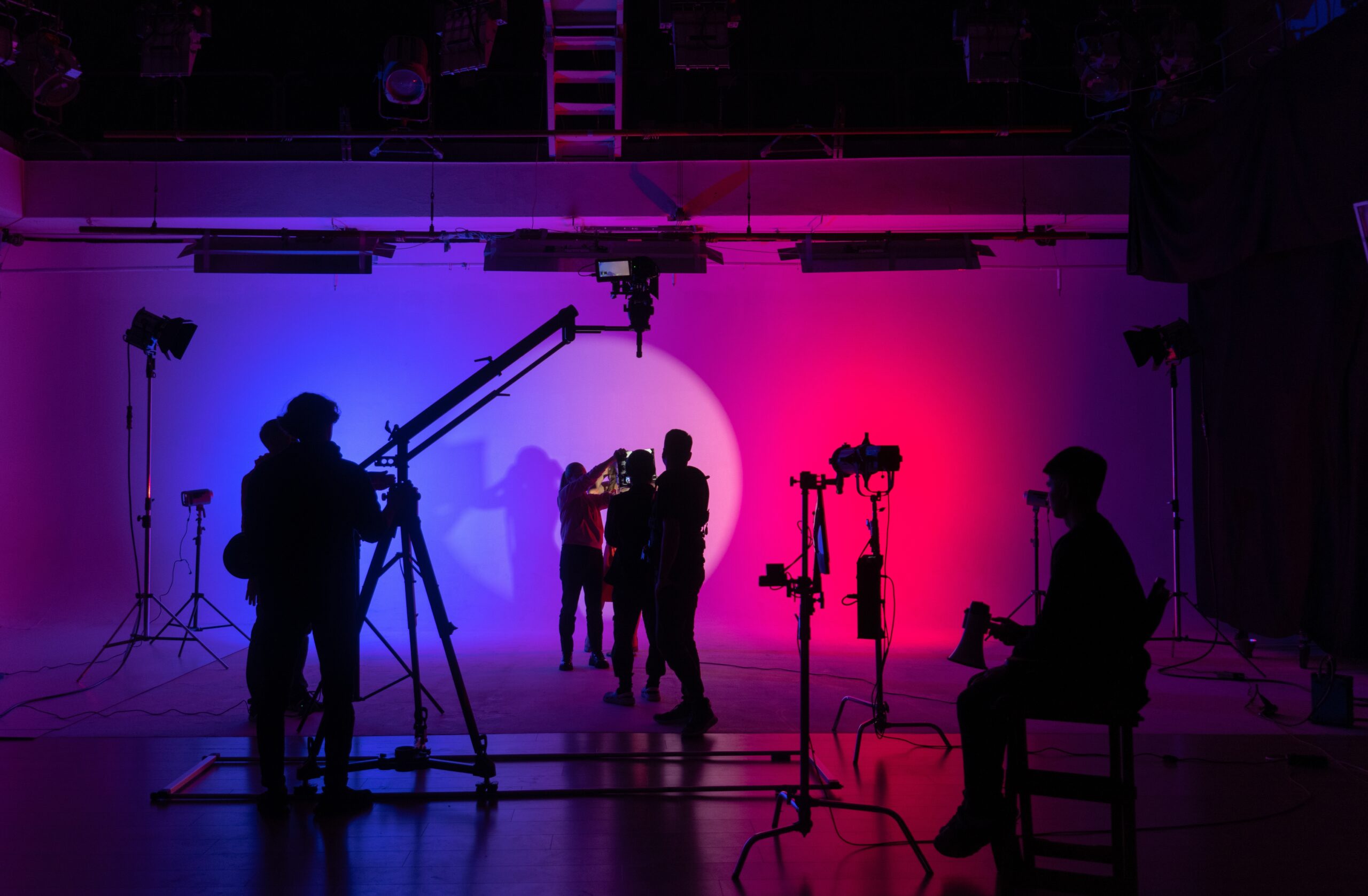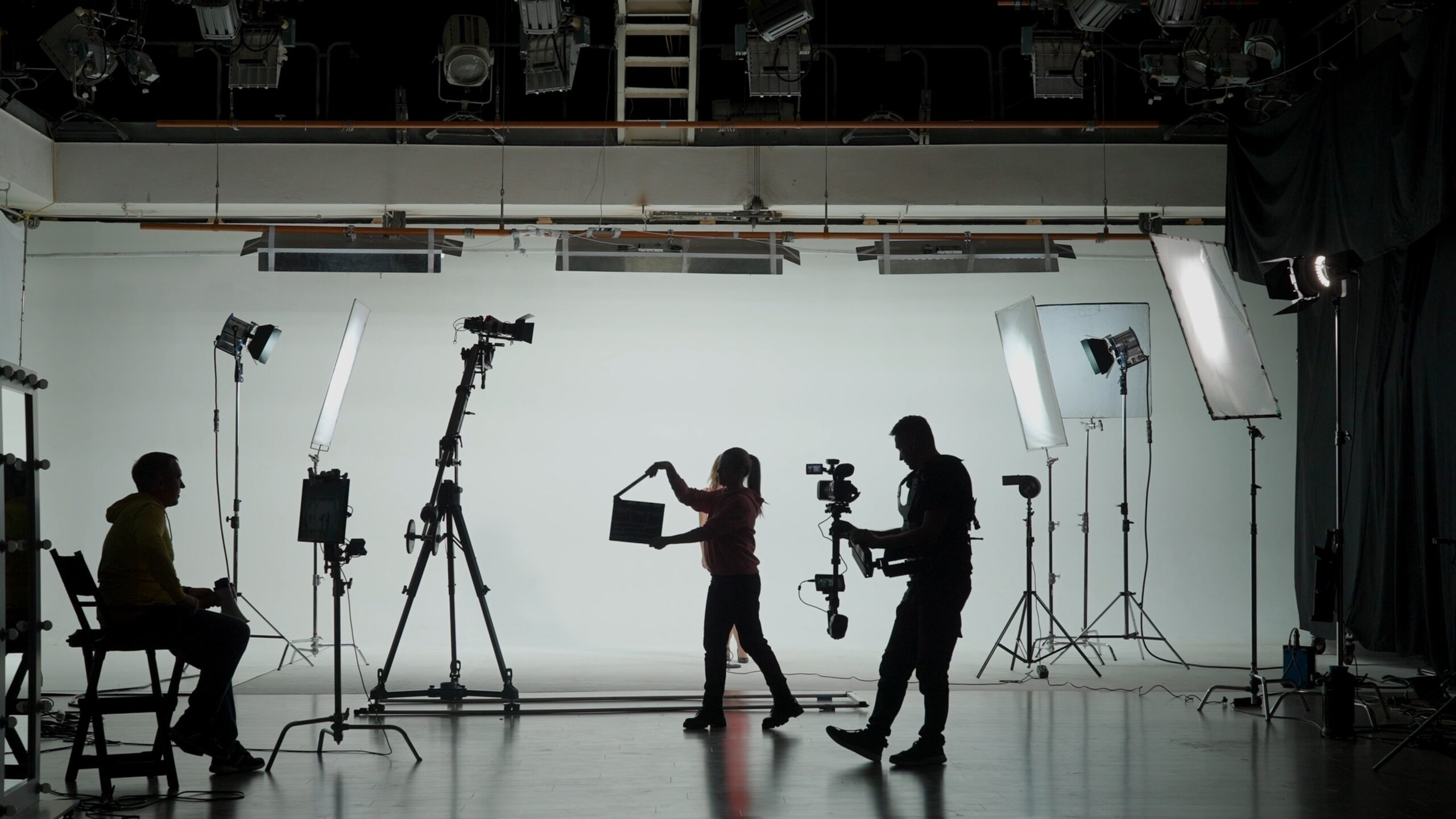If you’re feeling intimidated about writing your own work, use these acting exercises to get started.
Take advantage of the skill set you have developed as an actor. It will only serve you when it comes to writing your own work
As an actor, you might be excited to try your hand at writing. But you might also be feeling a little intimidated too. On the surface, writing seems out of an actor’s comfort zone, an alien skill set that asks you to be responsible for creating a world and the characters within it. In reality, you have many transferable techniques that you can apply to the writing process.
Whether you want to write a role for yourself or write for other actors, here are some acting exercises to help you get started:
Improvisation
Use improvisation as a version of freewriting. Freewriting is when you write without stopping for a set amount of time. It’s a fun warm-up exercise, but it’s also useful if you already have a character or scene that you’ve been working on.
- Set a timer and choose a prompt. The prompt might be a scene suggestion like ‘A Day At The Beach’ or even a made-up character, ‘Mandeep the Hairdresser’ for example.
- Act out the character or scene for a few minutes. Record your improvisation, so that afterwards you can write it up.
This exercise is useful for discovering elements that you want to develop further, such as speech patterns that might inform dialogue or specific moments that contribute to the plot.
Use Physical Exercises
Embodying the physical movement and appearance of a character can help inform how to write them. For instance, if you discover the character is constantly in a state of tight tension, gesturing sparsely and with rigid movement when they do, how would you reflect this in the script? Do they speak in clipped sentences? What event would cause them to break out of this tense state?
Remember: though it might be tempting to include strict stage directions to dictate how a performance should be delivered, as an actor you should know the value of having the freedom to interpret!
Create Character Bios
Actors are used to interrogating a character’s backstory, using the script as a source of information. This time, you are creating the source! When you are playing a character, what do you find most useful to know about them? Apply the same criteria for the characters you are creating.
Bios lay a foundation for your characters; one you will build upon and consult as your script develops. Bios also enable you to spot characters who are too similar to each other or even characters who contrast and therefore create an interesting dynamic.
Hot Seating
Give the bio to an actor pal and then interview the character. Enjoy experimenting with the questions you ask and be open to the answers you receive.
By having a colleague bring your character to life, you will see your character in a new light, discover surprising details about them and potentially unlock ways to develop them further. Again, record this interaction so you can refer back to it when it comes to writing.
Actioning
You might be very familiar with the actioning technique, but it’s useful to apply when it comes to writing too. Actioning is all about action or intention. Actors apply action verbs to dialogue in order to understand a character’s intention and deliver the line effectively.
When you write with an action verb in mind, it can help you realise the most effective way to develop scenes. For instance, if the action verb is ‘attacks’, you can experiment with whether a character’s physical action would embody this intention or if a cruel one-liner would be more chilling and powerful. Playwright Simon Stephens’ briefly explained how writers can implement this technique in a Bruntwood Playwriting workshop.
Like every actor, each writer has their own process. Enjoy experimenting with different techniques and discover what works for you. Take advantage of the skill set you have developed as an actor, it can only serve you when it comes to writing your own work.
 Naomi Joseph is an actor, theatre-maker and writer. Naomi’s work includes ‘Criteria’, an award-winning spoken word short about cultural identity and bereavement. ‘Criteria’ is available to watch now on Vimeo. Its companion piece ‘Motherland’ is a dark comedy theatre show which played at various festivals across the UK.
Naomi Joseph is an actor, theatre-maker and writer. Naomi’s work includes ‘Criteria’, an award-winning spoken word short about cultural identity and bereavement. ‘Criteria’ is available to watch now on Vimeo. Its companion piece ‘Motherland’ is a dark comedy theatre show which played at various festivals across the UK.
Headshot photographer: Robert Boulton
Main image by Brad Neathery via Unsplash.



















